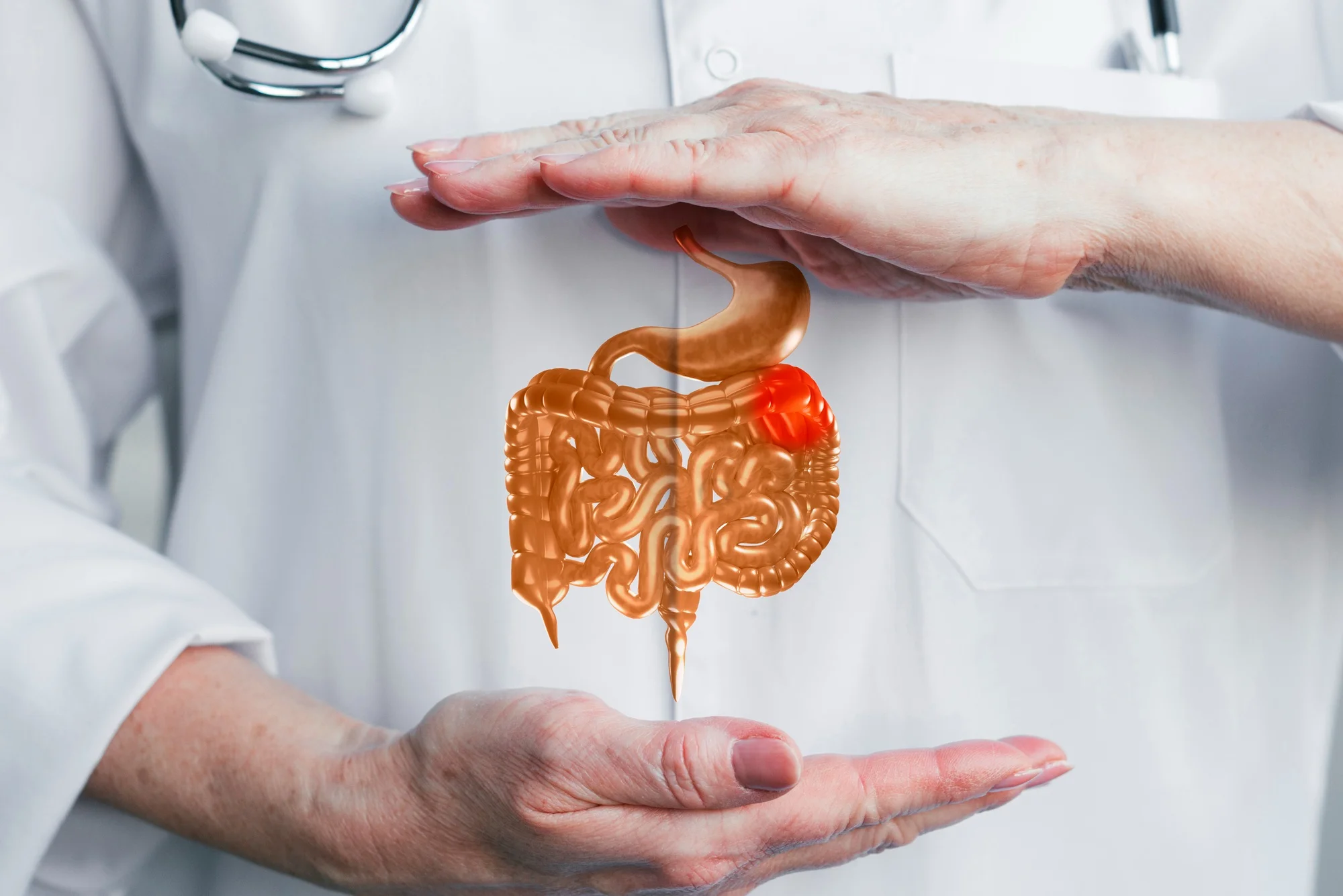In the wake of Colon Cancer Awareness Month, the question on everyone’s mind seems to be, “How can we effectively cleanse the colon?” The Turkish Journal of Gastroenterology has thrown light on this pertinent topic in an article titled “How to cleanse the colon after the colon cancer awareness month?” (Baran Bülent B, 2019). The publication, which coincided with the surge in awareness activities, stressed the importance of proper colon preparation for cancer prevention and the early detection of colorectal neoplasms.
Colorectal cancer remains one of the most common cancers worldwide. Screening programs, such as colonoscopies, are fundamental components of early detection strategies. Nonetheless, the effectiveness of these procedures is heavily reliant on the quality of bowel preparation undertaken by patients. This article explores the significance of colon cleansing post-awareness campaigns and reviews the latest recommendations set forth by expert bodies.
Contextualizing Colon Cancer and Awareness Programs
The international community recognizes several initiatives dedicated to colorectal cancer, including the U.S. National Colon Cancer Awareness Month and European Colon Cancer Awareness Month (ECCAM). These campaigns facilitate education and encourage participation in screening programs.
Studies, such as the Turkey Cancer Statistics report, reveal the impact of colon cancer on population health and highlight the need for continual engagement with preventive practices beyond designated awareness months (General Directorate of Public Health, Ministry of Health in Turkey, 2017).
Colon Cleansing: Methods and Recommendations
Effective colon cleansing is key to achieving high-quality images during a colonoscopy. This, in turn, enables the detection and removal of polyps, thereby reducing the incidence and mortality of colorectal cancer.
Current guidelines by the U.S. Multi-Society Task Force on Colorectal Cancer and the European Society of Gastrointestinal Endoscopy (ESGE) advocate for splitting the dose of laxatives over the day before and the day of the procedure (Rex et al., 2017; Kaminski et al., 2017). This regimen improves bowel preparation quality and is preferred over both single-dose regimens and those without diet modifications.
The American Society of Colon and Rectal Surgeons (ASCRS), American Society for Gastrointestinal Endoscopy (ASGE), and Society of American Gastrointestinal and Endoscopic Surgeons (SAGES) provide comprehensive bowel preparation guidelines emphasizing the split-dose approach and low-residue diets (Wexner et al., 2006).
Several studies suggest that a low-residue diet a day before the colonoscopy significantly enhances patient tolerance and satisfaction without compromising the efficacy of colon preparations (Sipe et al., 2013; Melicharkova et al., 2013; Wu et al., 2011). Furthermore, research supports the use of PEG-electrolyte solutions due to their favorable safety and tolerance profiles (Aoun et al., 2005).
Colon Cancer Screening: Accessibility and Quality
Accessibility to high-quality colonoscopy services remains a critical factor in improving colorectal cancer outcomes. The National Standards for the Colorectal Cancer Screening Program, established by the Ministry of Health, Republic of Turkey, emphasize service availability, quality metrics, and patient education (General Directorate of Public Health, Ministry of Health, Republic of Turkey, 2014).
Colon preparation protocols must account for patient-specific factors, such as health literacy, to ensure adherence and effectiveness (Nguyen & Wieland, 2010). Predictive models help identify individuals at risk of inadequate preparation, enabling targeted educational interventions (Hassan et al., 2012).
New Research and Continuous Development
Emerging studies continue to refine bowel preparation strategies. For instance, Gimeno-Garcia et al. (2019) evaluated the impact of a 1-day vs. 3-day low-residue diet on preparation quality and reported promising results favoring the shorter regimen.
Public Health Implications
The success of colon cancer awareness campaigns must be sustained through concerted public health initiatives. These include continuous education around screening and colon preparation, as well as measures to increase access to quality colonoscopy services.
Conclusion
The collective efforts of the health community during Awareness Months are commendable, but it is imperative to maintain the momentum. Colon cleansing, an essential component of colorectal cancer screening, must adhere to best practice recommendations to optimize outcomes. The work of Baran Bülent B from Koç University Hospital and other researchers provides an invaluable resource for both clinicians and patients on effective bowel cleansing methods.
Engagement with guidelines and adaptations based on new evidence will fortify our defenses against colorectal cancer, a health adversary that requires year-round vigilance.
References
1. Baran Bülent B. “How to cleanse the colon after the colon cancer awareness month?” The Turkish Journal of Gastroenterology. 2019. https://doi.org/10.5152/tjg.2019.270419
2. Colorectal Cancer Alliance. “March is the National Colon Cancer Awareness Month.” 2019.
3. Digestive Cancers Europe. “European Colon Cancer Awareness Month (ECCAM) 2019.”
4. General Directorate of Public Health, Ministry of Health in Turkey. “Turkey Cancer Statistics.” 2017.
5. General Directorate of Public Health, Ministry of Health, Republic of Turkey. “Colorectal cancer screening program national standards.” 2014.
6. Rex DK et al. “Colorectal Cancer Screening: Recommendations for Physicians and Patients from the U.S. Multi-Society Task Force on Colorectal Cancer.” Gastroenterology. 2017; https://doi.org/10.1053/j.gastro.2017.05.013
Keywords
1. Colon cleansing best practices
2. Colonoscopy preparation guidelines
3. Colorectal cancer screening
4. Bowel preparation methods
5. Post-colon cancer awareness month
